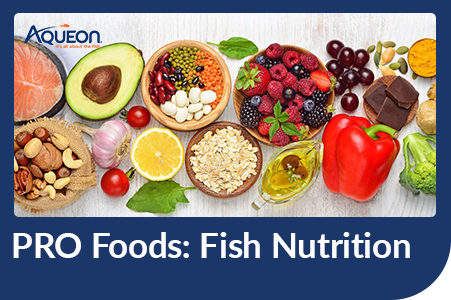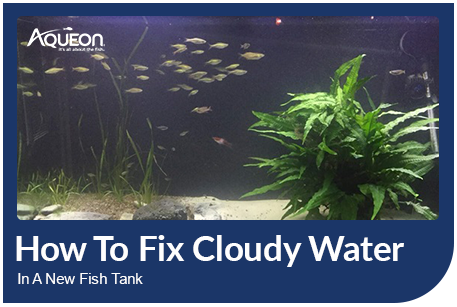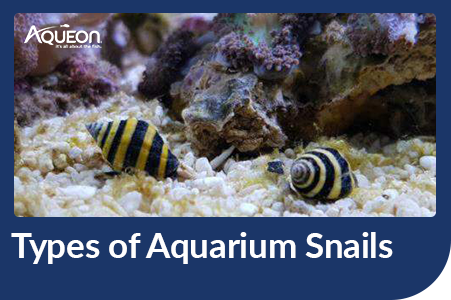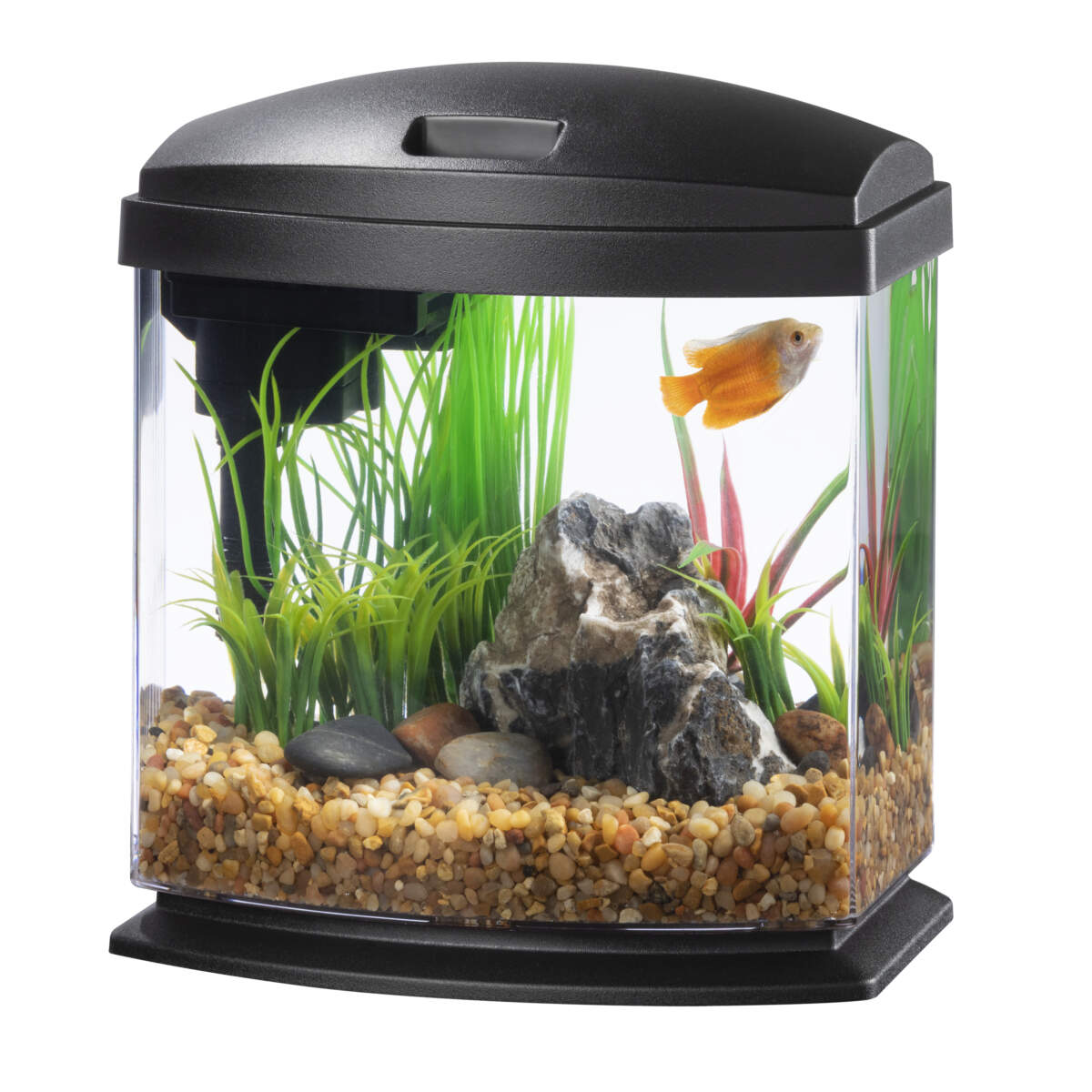Pro Foods - Fish Nutrition
Understanding How Fish Process Food
Diet and water quality are the two most important factors in maintaining healthy fish. What a fish eats has a direct impact on its growth, color, disease resistance, ability to handle stress, breeding potential and life expectancy. When we consider what type of food to feed our fish, we tend to look at what group or Family they belong to such as livebearers, tetras, barbs, or cichlids. But the dietary needs of fish in the wild have evolved based on the kinds of food that are most available in their environment, not what group or Family they belong to. Fish can be carnivores (meat eaters), herbivores (plant eaters) or omnivores (meat and plant-based foods), regardless of what group or Family they belong to.
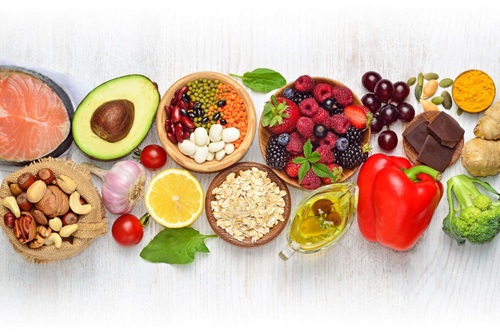
It's important to know what our aquarium fish eat in nature, so we can feed them foods made from closely matched ingredients. Their digestive systems have evolved over thousands of years to process the foods they typically encounter in the wild. Herbivores have long intestines and complex digestive systems to break down plant material, while carnivores have shorter, simpler digestive tracts to process protein-based foods. While almost all fish will eagerly gobble down brine shrimp, herbivorous fish don't get much nutritional value out of it compared to carnivores because their digestive systems aren't designed to process and absorb meat protein. This means that over time herbivores that are fed a primarily meat-based diet may be smaller, less colorful and become more susceptible to diseases. The same thing occurs in carnivorous fish that are fed a predominantly plant-based diet.
For aquarium fish, food should be presented where they are accustomed to feeding. Surface feeding fish should be fed floating foods, while middle-water and bottom-feeders should be given foods that slowly sink. Additionally, particle size should match the size of their mouth. Large predatory fish will often ignore small particles of food, while tiny fish can't eat flake, granular or pellet foods that are too big to fit in their mouths. Both scenarios result in under-nourished fish and uneaten food accumulating in the aquarium, causing water quality to deteriorate.
It's important to feed fish a variety of foods in order to provide them with a complete, balanced diet. "Variety" can mean some meat protein and some plant-based ingredients, but it can also describe different sources of nutrition in one type of food. For example, an herbivore diet should include components from several plant sources to ensure a complete and balanced supply of vitamins and nutrients that are all digestible by plant-eating fish. Similarly, a carnivore diet should include ingredients from several different protein sources. It's equally important to make sure the ingredients are of the highest quality, easy to digest and provide complete nutrition. Aqueon Pro Foods meet all these requirements.

